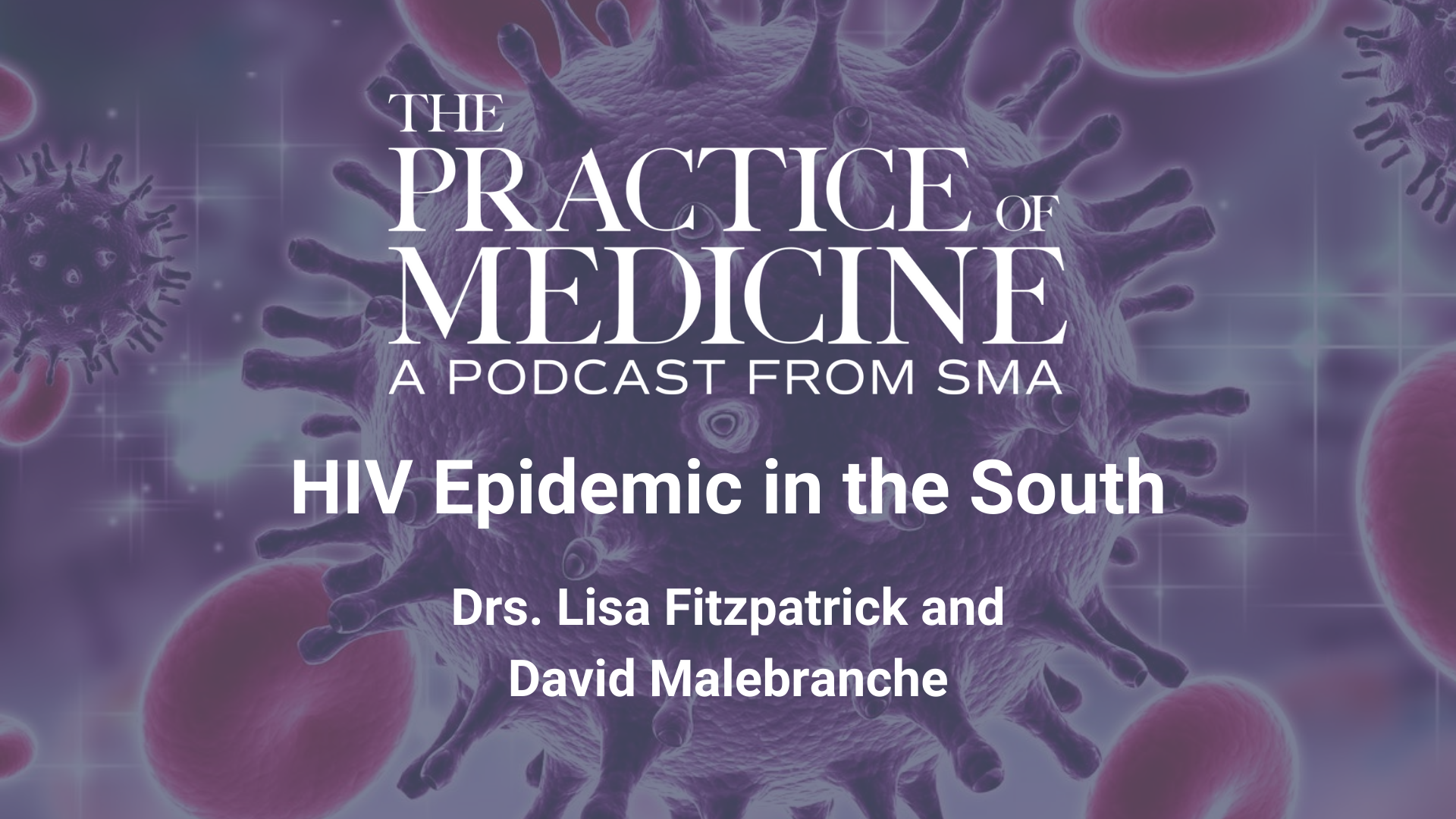
HIV Prevention in the South: Improving HIV Testing, Treatment, and Prevention in the Primary Care Setting
In 2019, the United States (US) Department of Health and Human Services proposed the “Ending the HIV Epidemic: A Plan for America” initiative, with the ambitious goal of reducing new HIV infections by 75% in 5 years and by 90% in the coming decade. This plan is based on the substantial body of evidence that suggests that available prevention and treatment strategies, together with enhanced HIV testing efforts, have the potential to radically reduce new HIV transmissions in the US. The first phase of this project focuses on geographic hotspots that are hardest hit by the HIV epidemic; one-half of the 48 counties and all 7 states designated as priority areas are located in the South. Although a high number of people are living with HIV in the South, many primary care providers (PCPs) in this region do not possess robust, up-to-date knowledge about HIV risk assessment, prevention, and treatment in their practice setting. This project aims to increase PCP knowledge about how HIV testing, treatment, and prevention together can reduce new HIV infections, as well as improve the ability of PCPs to implement components of an HIV-prevention framework in the primary care setting.
